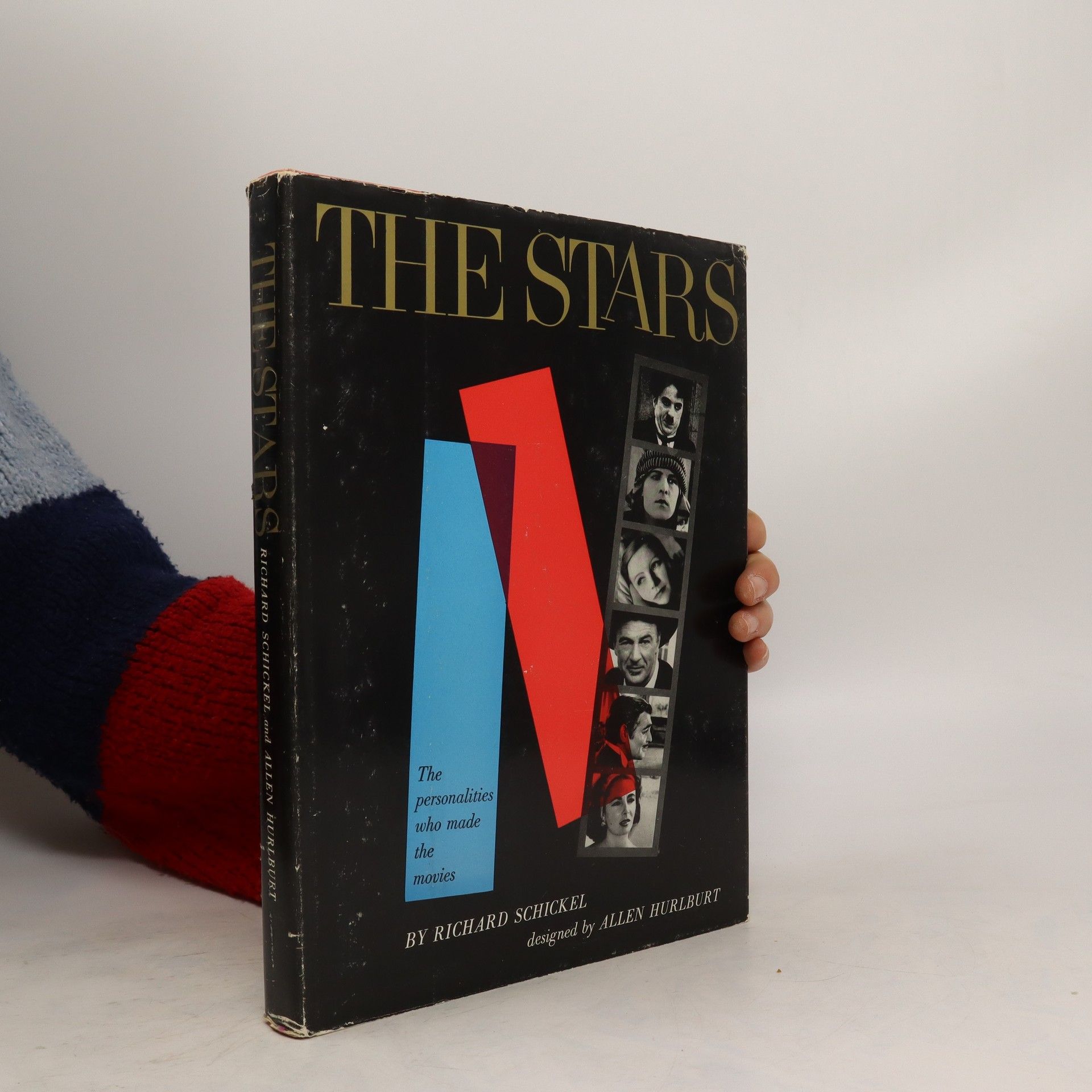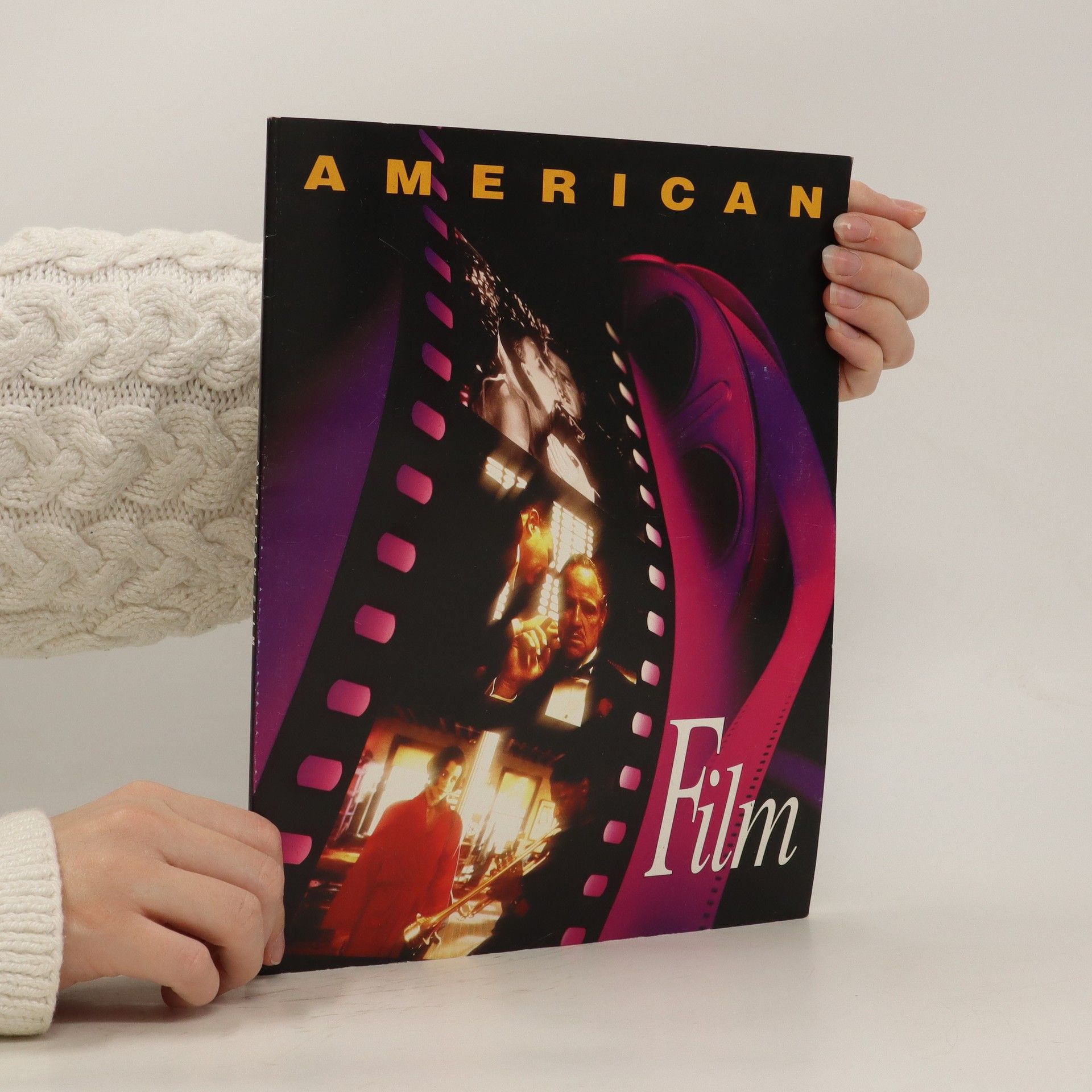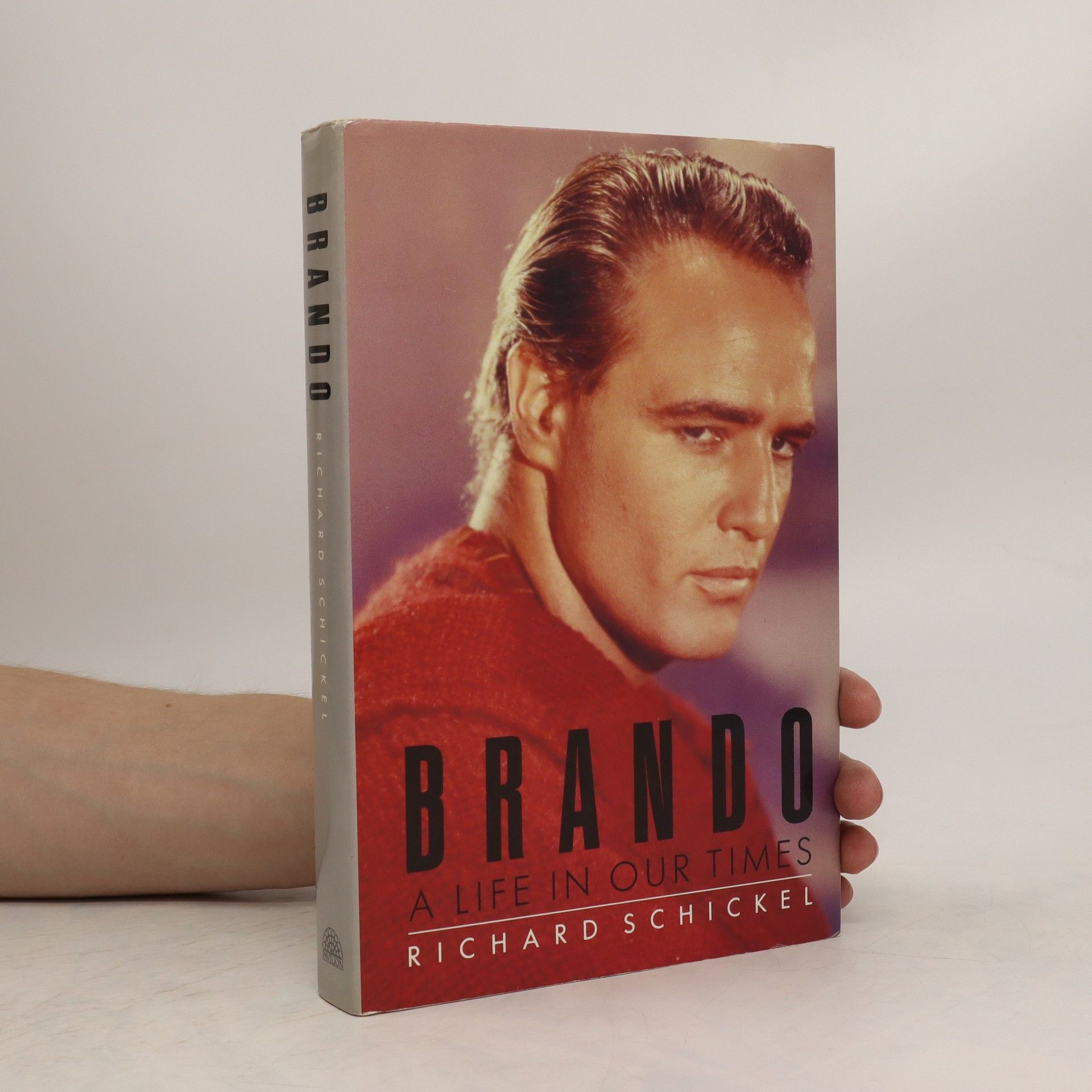Celebrates some forty years of Steven Spielbergs boundless energy and his unwavering commitment to excellence in all areas of his work. Featuring many first-person observations drawn from the author's interviews with Spielberg, this book presents an insiders perspective on Spielbergs legendary achievements.
Richard Schickel Livres
Richard Schickel fut un important historien et critique de cinéma américain dont l'œuvre a plongé en profondeur dans l'histoire et l'évolution du cinéma américain. Il a souvent remis en question les approches critiques établies, analysant les attitudes sociales et morales changeantes qui ont influencé la création cinématographique. Ses écrits et documentaires ont exploré non seulement le cinéma, mais aussi d'autres formes de culture populaire, comme les dessins animés. La contribution de Schickel réside dans sa perspective perspicace sur la critique cinématographique et son rôle dans la société.

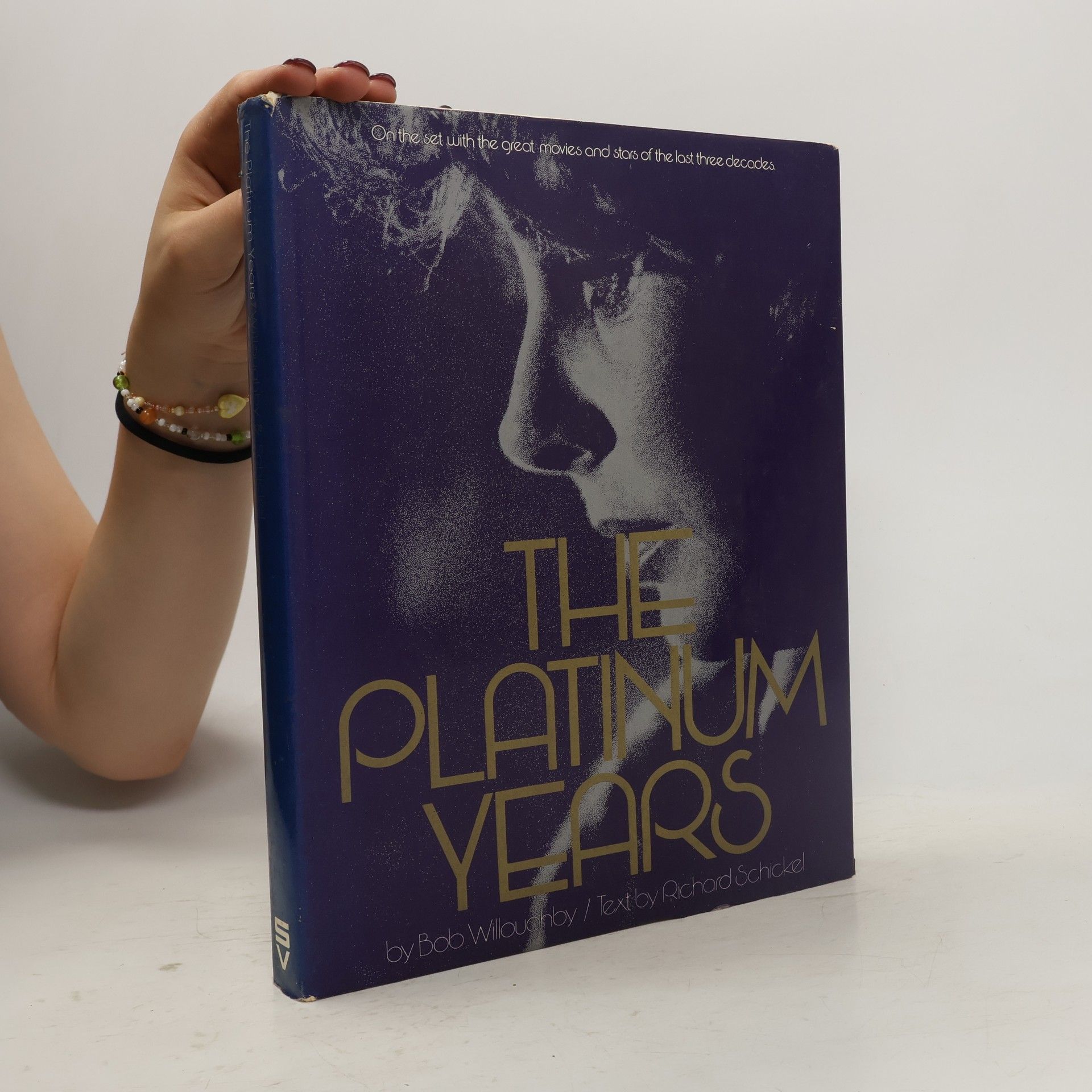
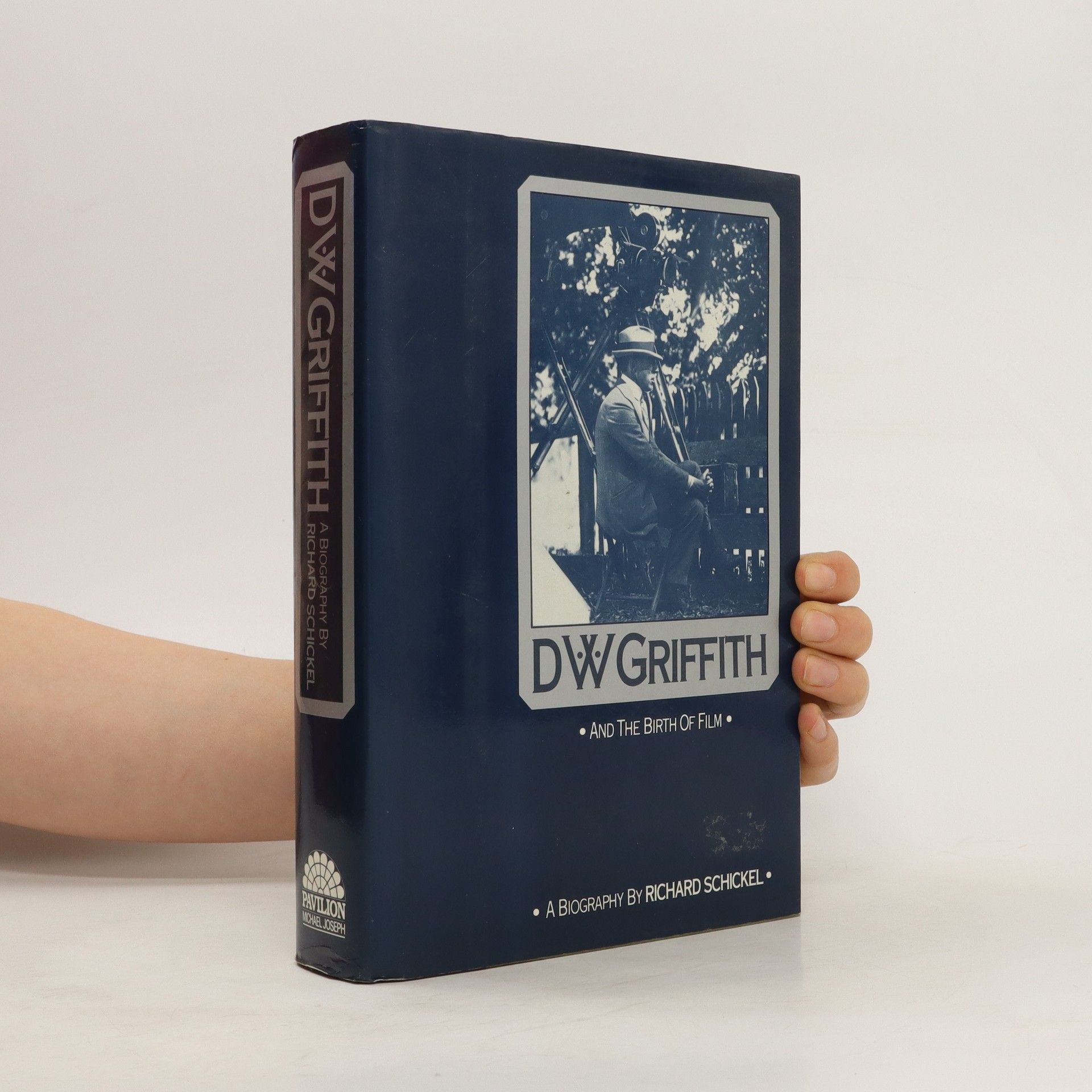

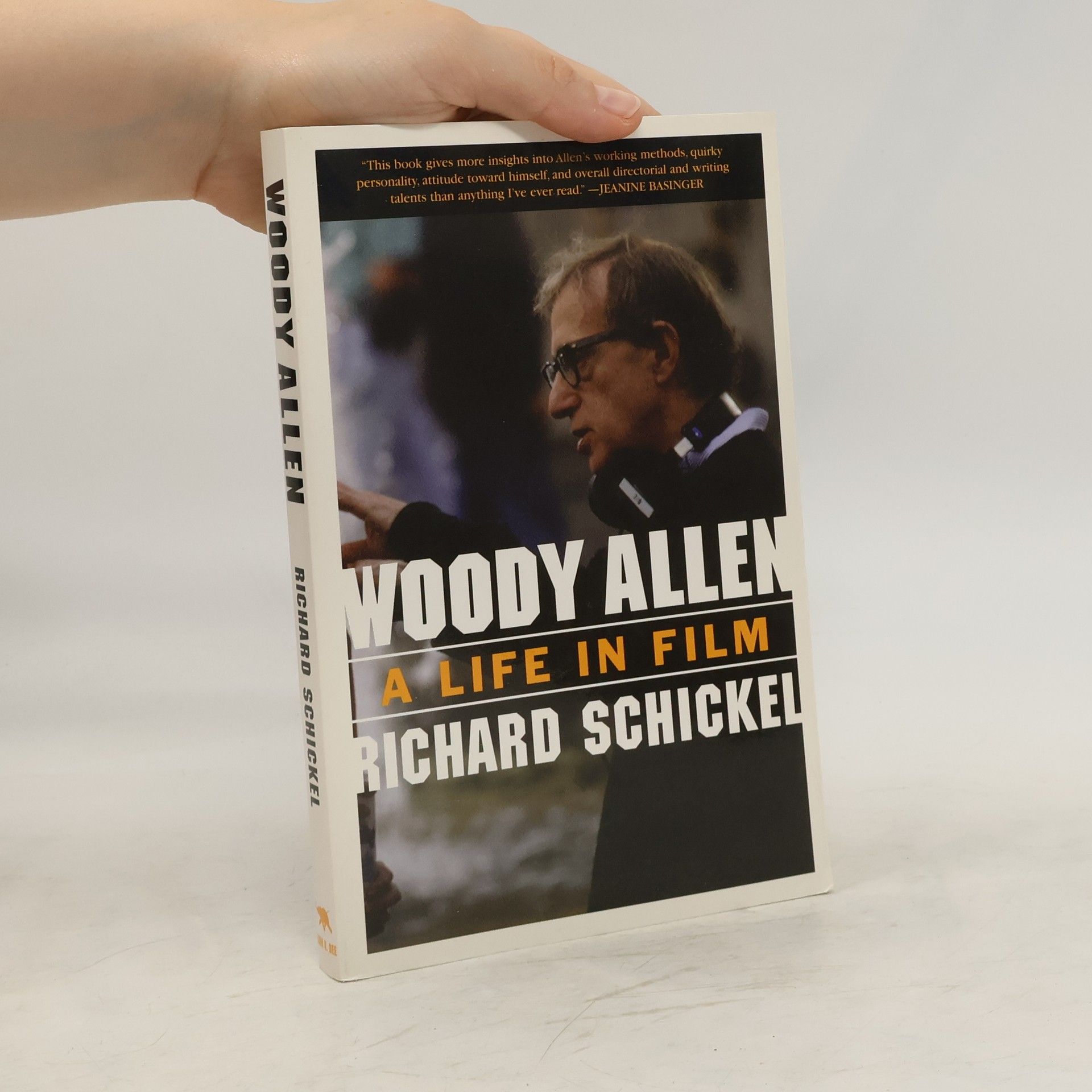
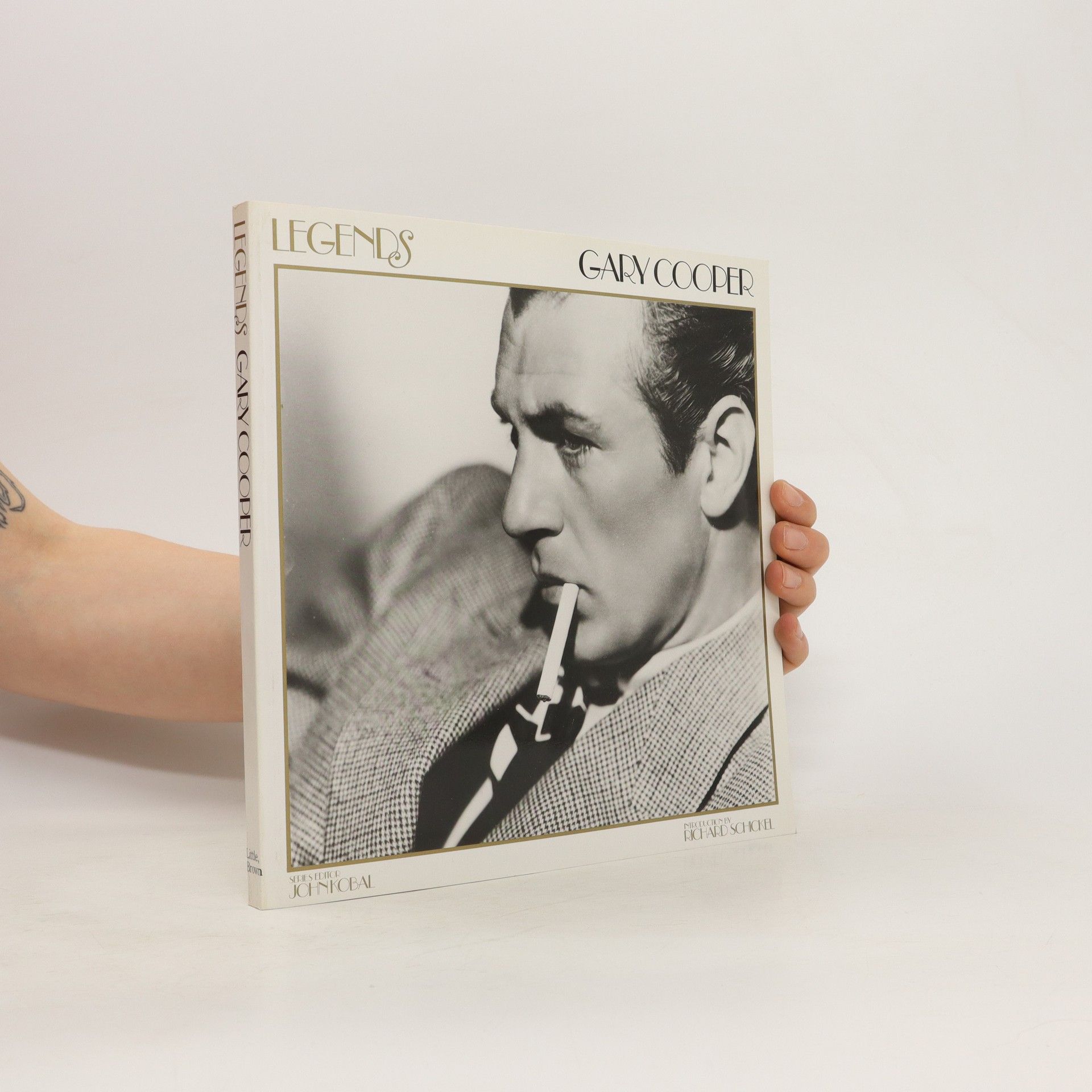

Gathers portraits of Gary Cooper spanning his career from The Virginian to High Noon, and offers an appreciation of his qualities as an actor
In an unprecedented television program, Woody Allen spoke to the camera for the first time about the entire range of his work, in an interview with Richard Schickel. But the presentation contained only a small fraction of the interview. This book reprints the complete conversation between the two men.
Double Indemnity
- 72pages
- 3 heures de lecture
Richard Schickel traces in fascinating detail the genesis of the film: its literary origins in the crime fiction of the 1930s, the difficult relations between Wilder and his scriptwriter Raymond Chandler, the casting of a reluctant Fred MacMurray, the late decision to cut from the film the expensively shot final sequence of Neff's execution.
Shelf and edge wear with creasing to DJ at edges. There may be tiny tears to dJ. Cream colored boards. Pages are clean and binding is tight.
Celebrating six decades since Spielberg's debut feature film, this updated edition includes a foreword by the iconic director. It offers insights into his creative journey and the impact of his work on cinema, making it a must-read for fans and aspiring filmmakers alike.
Marlon Brando
- 192pages
- 7 heures de lecture
Presenting a portrait of Marlon Brando, the author offers a critique of his personal style and attempts to define and explore his charisma. This book provides an insight into the actor's influence over a generation and assesses the reasons behind his becoming a symbolic figure.
